Our Paypal Account Has Been Cancelled
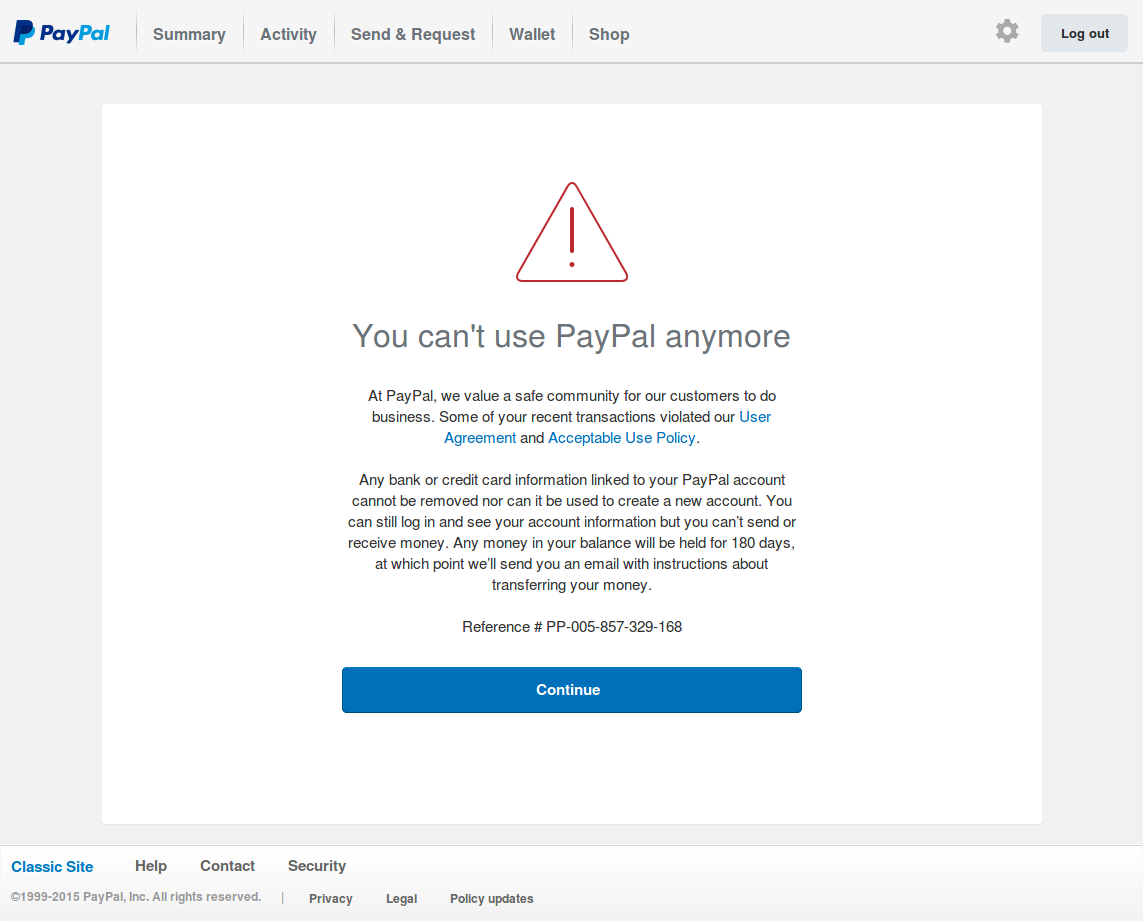 After 8 years, Paypal has cancelled our account, with no warning and no explanation. We cannot even use the provided methods to make an inquiry, and are continually redirected to the cancellation notice pictured at left.
After 8 years, Paypal has cancelled our account, with no warning and no explanation. We cannot even use the provided methods to make an inquiry, and are continually redirected to the cancellation notice pictured at left.
If you have supported our work in the past, or would like to support it in the future, please see our Contact page for a mailing address or other ways of providing Christogenea with funding.
Our work at Christogenea is supported exclusively by free-will donations from our readers and listeners, and without funding, we would of course not be able to operate. While we sell promotional materials, books and magazines, they only supplement a small portion of our expenses.
Thank you!
William Finck

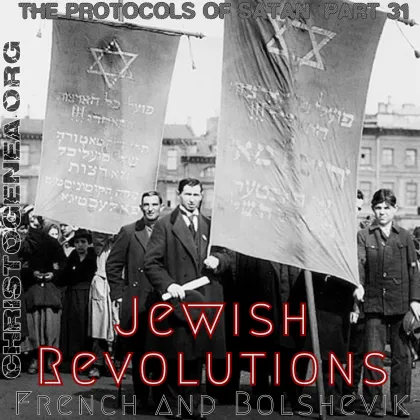
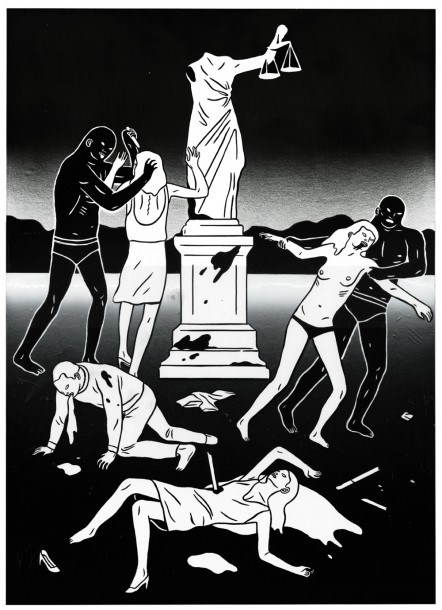
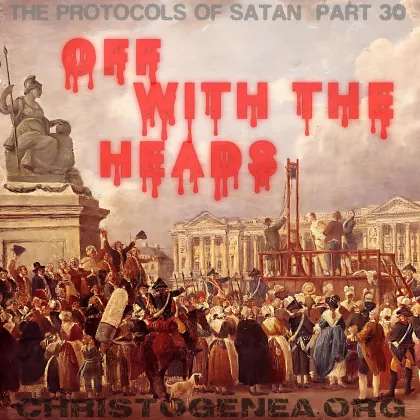
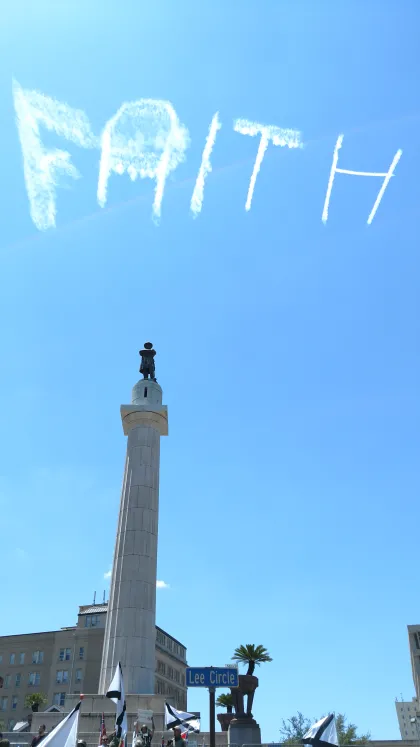
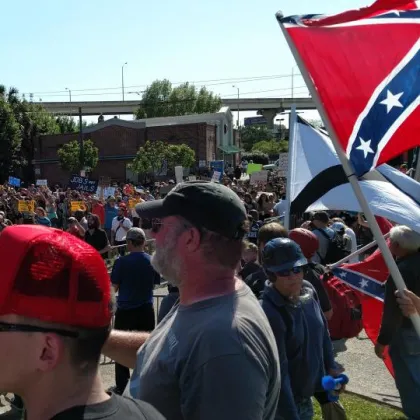





 Please click here for our mailing list sign-up page.
Please click here for our mailing list sign-up page.








Recent comments